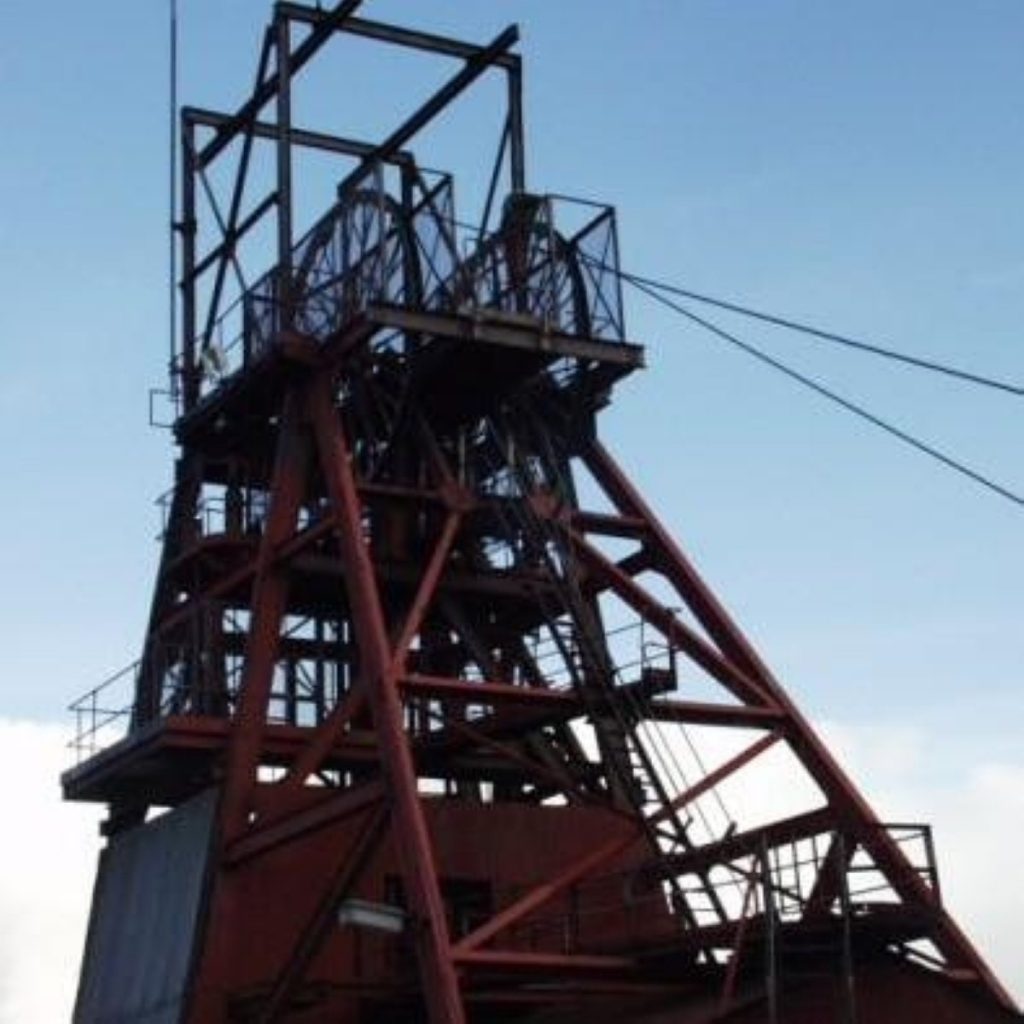Brown recognises Bevin Boys’ war effort contribution
The prime minister has paid tribute to the “incredibly important” contribution of the young men conscripted into coal mining during the second world war.
Named after labour and national service minister Ernest Bevin, the Bevin Boys were tasked to work in Britain’s coalmines between 1943 and 1948.
Almost 50,000 men aged 18 to 25 – roughly one out of every ten conscripts – worked as miners during and after the war to address labour shortages.
The service they gave to the country was “incredibly important and not only helped us to win the war but also to rebuild our country after the war,” the prime minister said.


Mr Brown likened the miners’ contribution to that of the Spitfire Women, the Women’s Timber Corp and the Women’s Land Army, as all four “did not receive the recognition” they deserved.
“It is a great privilege to meet these men today to honour the work they did and on behalf of the whole country to show our appreciation for the service they gave,” Mr Brown added.
Also attending the ceremony, business secretary John Hutton said: “It is with much gratitude we recognise the truly significant work and sacrifice of the Bevin Boys with the award of this unique veterans badge.”
Around 11,000 former Bevin Boys are set to receive the badge of honour, which was first announced by then prime minister Tony Blair last June after a sustained campaign.
Actor Brian Rix and Jimmy Savile were among 27 Bevin Boys collecting a special badge of honour at No 10 today as the 60th anniversary of the last of their number being demobilised was marked.
Playwright Peter Shaffer and late comic Eric Morecambe were also among the young men conscripted to Britain’s coalfields.









